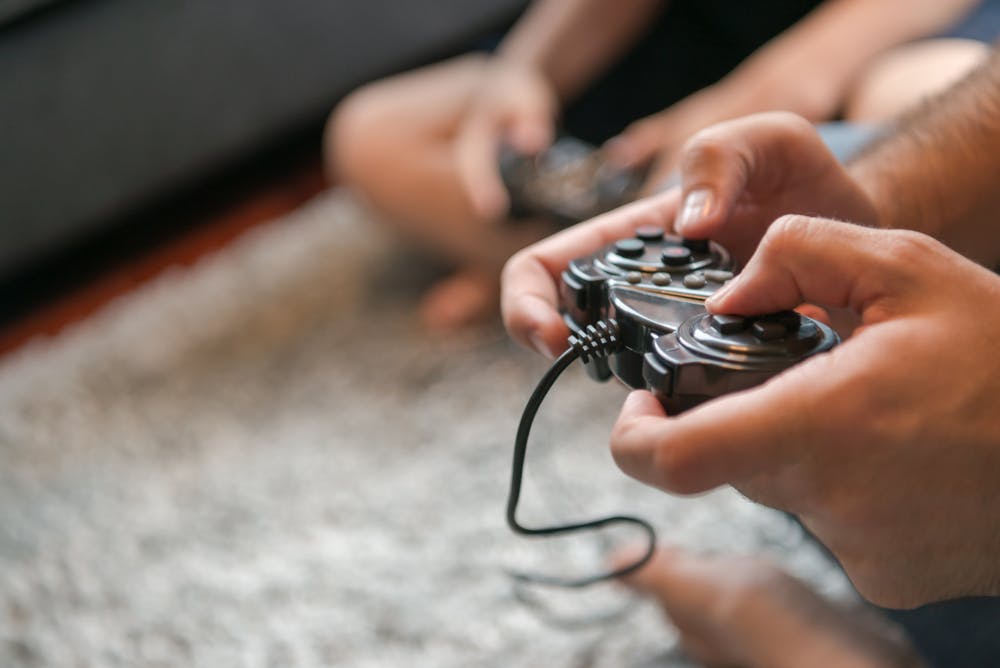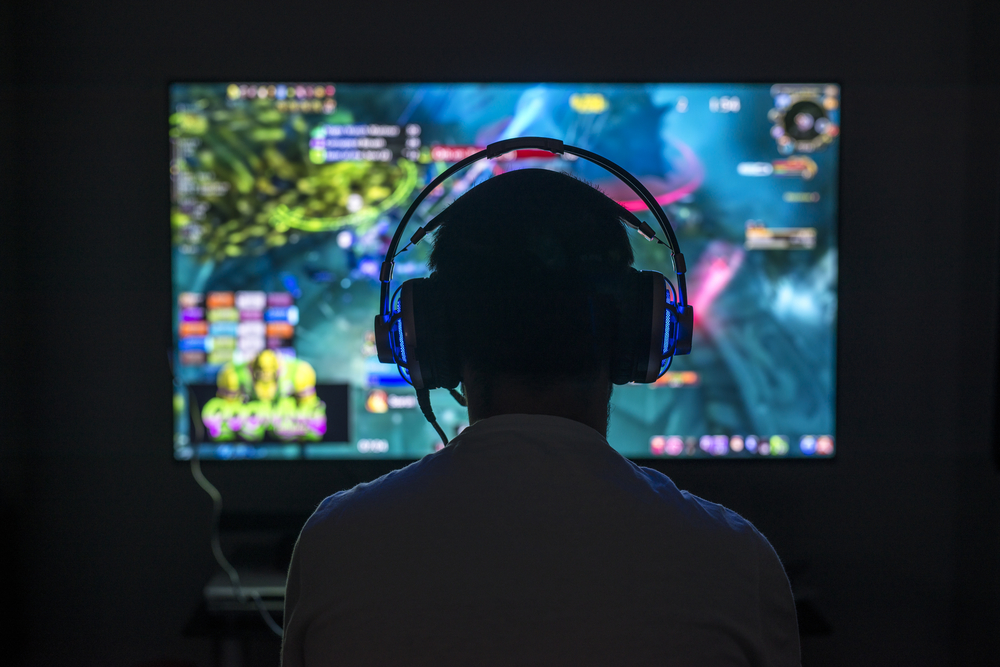Gaming addiction: Teen officially diagnosed and child admitted to rehab
updated on Jan 20, 2023

A 15-year-old boy is set to be the first patient in the UK to be officially diagnosed with internet gaming addiction, while a 9-year-old girl has entered rehab for her worrying behaviour around video game ‘Fortnite’
A 15-year-old teenager from North London is thought to be the first in the UK to receive a diagnosis of internet gaming addiction, after refusing to go to school for the past year. Having lost his confidence to leave his home following the onset of his gaming addiction, his mother, Kendal Parmar, has spend three years seeking help as well as to have his condition recognised and treated by the NHS.
Previously a highly sociable young man, the teen was captain of his county rugby and cricket teams prior to his addiction, as well as having secured a place for gifted pupils at his secondary school. Since becoming more heavily involved with the online game, he has become a recluse in his own home.
“Every moment he’s awake, he wants to be on a game. There is no outside world. It has become all-consuming” his mother said. “He has great mates [online] and he is having fun running virtual worlds and non-existent kingdoms but it’s not real. It’s become so real that there’s nothing outside it anymore.”
Miss Parmar has struggled to get the NHS to recognise her son’s addiction as a treatable condition, despite the World Health Organization (WHO) officially recognising gaming addiction earlier this year. While private treatment is available, the cost can be a barrier for many seeking help.
The NHS do mention gaming and internet addictions on their official website, however at the time of publication, we could not locate any dedicated information or advice specifically tailored for those seeking help with non-traditional (alcohol, drug, smoking, gambling) addictions.

Other worrying cases of gaming addiction in even younger children have come to light over recent days. One girl aged just nine has entered rehab for her addiction to the video game ‘Fortnite’, according to her mother.
Her family became concerned about the nine-year-old’s mental health when they discovered she has wet herself rather than stop playing to use the bathroom.
“We had no idea, when we let her play the game, of the addictive nature or the impact it could have on her mental health. She is in therapy for the addiction after she became withdrawn, agitated and disturbed from playing up to ten hours a day – sometimes playing until dawn, wetting herself so she didn't have to leave the screen.” Her mother said.
The child’s parents bought their daughter an Xbox in January of this year. It was not until March that they began noticing worrying signs, including:
- Reports from her school that she had fallen asleep twice during lessons
- Slipping grades at school
- Changes in her behaviour and demeanour (becoming unusually aggressive and argumentative)
- Losing interest and becoming too tired to attend gym and ballet classes
- Noting small, regular payments on their credit card to Microsoft totalling over £50 a month, which she admitted were extra in-game items she bought in the popular game
- Physical violence when the family attempted to remove her console
- Playing in secret at night to avoid set limits on gaming times
When her parents discovered the girl had spent two months playing the game after they slept, sometimes staying up as late as 5am, they realised she had been playing up to 10 hours a day without their knowledge.
Seeking help from an addictions counsellor, Steve Pope, the girl is now attending psychotherapy. Steve said, “I’ve been contacted by dozens of parents with children as young as eight showing signs of addiction to Fortnite.
"I’ve been working in this field for three decades and never seen anything like it, how widespread and potentially damaging this is. I know bright kids who will fail their exams this summer because of Fortnite, kids who are stealing from their parents and friends to pay for extras, kids who urinate in bottles because they can’t bear to leave the game".

With over 40 million downloads since its launch in July 2017, developers have reported up to 3.4 million concurrent players of their popular battle-royale style game. Known for its bright, cartoonish graphics, 100 players fight to the death in each match until just one player remains standing.
Although free to download, developers charge players to purchase additional in-game items to boost performance. Available to play on PlayStation 4, Xbox One, and PC, a mobile version has been announced as in the works.
Despite its colourful graphics, the game is rated PEGI 12 for frequent scenes of mild violence. It also features in-game text and voice chat which cannot be turned off or disabled - just one of many elements that have previously caused concern for parents and teachers.
According to Action on Addiction, around one in three of us are addicted to something. Whilst most commonly associated with drugs, alcohol, and gambling, individuals can be addicted to just about anything.
Many attribute gambling addiction to a ‘mental high’ given by a win, followed by the urge to try and recreate the feeling. With games such as Fortnite relying heavily on a mixture of luck, skill, and performance-enhancing, paid-for boosts, many are concerned that video games offer similar addictive highs.
Studies have suggested that addictions can be ways of ignoring difficult issues, including stress, emotional and professional pressure. With increased stress and anxiety from exams, homework, and social media, there is rising concern as to the ways in which young people are coping with the increased pressure.
The WHO classified gaming disorder as a mental illness in January 2018. Based on reviews of available evidence and the consensus of a wide variety of experts from different geographical regions and disciplines, WHO classified the condition as extremely rare, but a cause for concern. Individuals who take part in gaming to exclude other daily activities, to an extent that negatively impacts their physical or mental health, or which significantly changes their social habits, could be showing cause for concern.
According to Counselling Directory, key symptoms for online addiction can include
- Losing track of time
- Becoming socially isolated
- Experiencing feelings of guilt or defensiveness
- Reporting a ‘temporary high’ (a feeling of euphoria or excitement)
- Physical symptoms including strained vision, back or neckache, difficulty sleeping, weight loss or gain, or headaches
If you are concerned about your relationship with gaming or the health and wellbeing or a loved one, visit Counselling Directory to find out more about internet addiction or discover how to stay safe online.

